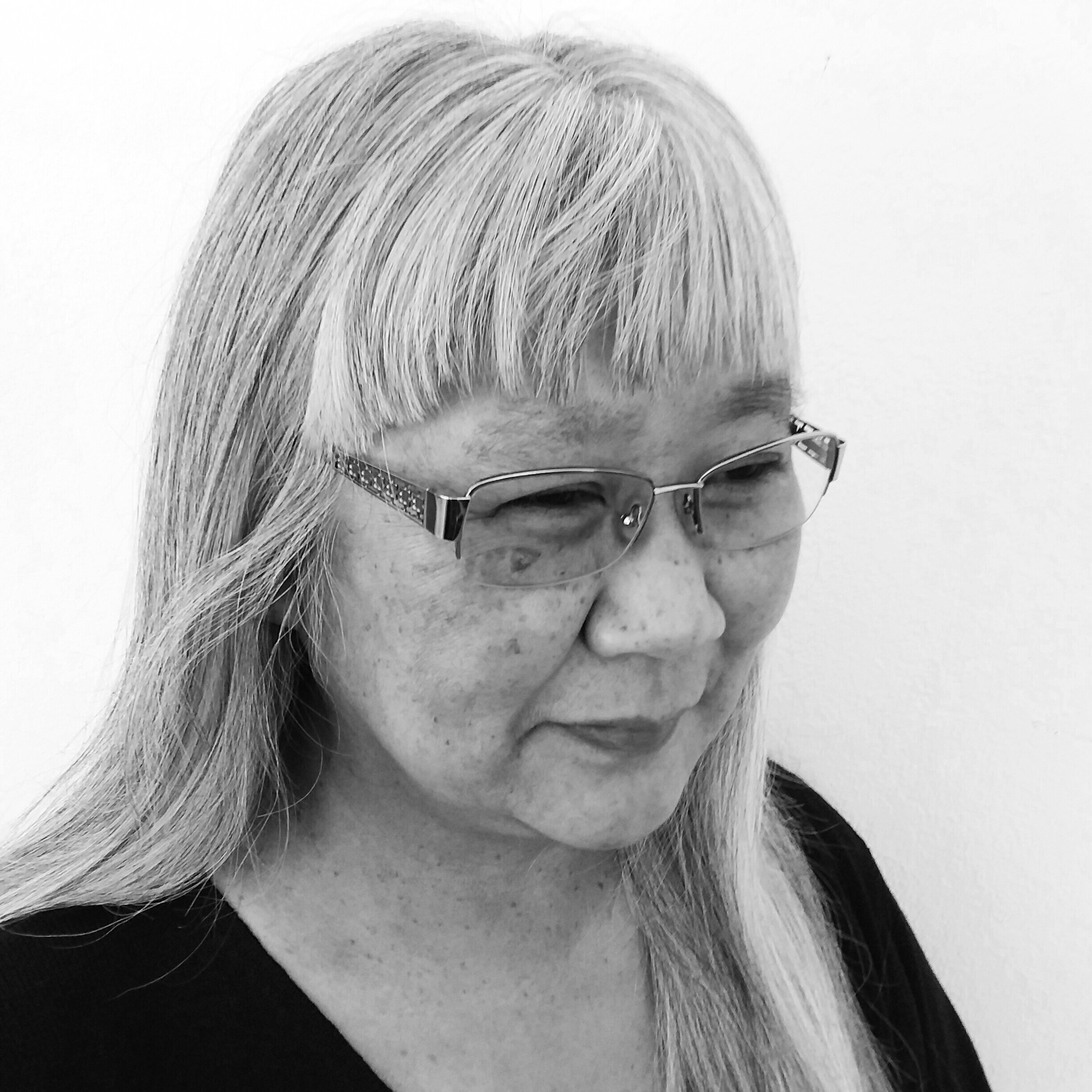More American
Poet Sharon Hashimoto reconstructs a collective memory, conjuring the voices of grandparents, children, soldiers, and “those left to tell.” In moving detail, these poems convey the realities of assimilation, service, and internment as experienced by Japanese Americans during, and in the decades following, the Second World War. In this stunning second collection, Hashimoto reckons with the limitations of language, and by extension, notions of citizenship. She deftly sounds the dissonances in the language of loyalty and allegiance.
“Hashimoto’s chiseled language places the reader inside experiences about which few are left to tell: the horrors of atomic bomb, the Japanese-American mass incarceration, how the loyalty oath acted as a betrayal, or fighting in the 100th Battalion. With extraordinary detail, this poet captures what cannot be grasped: what loyalty truly means, the dignity in a grandmother’s movements”
About the Author
Sharon Hashimoto’s first book of poetry, The Crane Wife (co-winner of the 2003 Nicholas Roerich Prize and published by Story Line Press), has been reprinted by Red Hen Press. Her work has appeared in American Fiction, The American Scholar, Barrow Street, Louisiana Literature, North American Review, Poetry, Prairie Schooner, River Styx, Shenandoah, and other literary publications. She is a recipient of a N.E.A. fellowship in poetry. Recently retired from Highline College after twenty-nine years of teaching, she writes poetry, short stories, and is currently at work on a novel.
“Sharon Hashimoto’s gift is shifting perspective: a child tasting a mango for the first time, a centenarian speaking to her newly deceased twin sister, a World War II nisei soldier writing home to the States, a radioactive cow. In observing the most magnificently minute details of human experience, Hashimoto succinctly and exquisitely reveals the remarkable complexities and contradictions of being American.”



